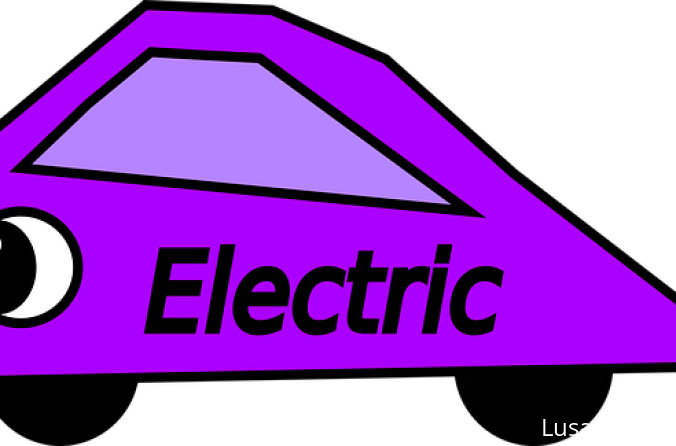The Benefits of Bidirectional Charging
As electric vehicles (EVs) continue to grow in popularity, the technology behind them evolves at an equally impressive pace. One such innovation gaining momentum is bidirectional charging. Unlike conventional EV charging, which only allows power to flow from the grid to the vehicle, bidirectional charging enables electricity to move in both directions. This advancement, often referred to as vehicle-to-grid (V2G) or vehicle-to-home (V2H) technology, offers numerous benefits to individuals, businesses, and society at large.
1. Energy Cost Savings
Bidirectional charging empowers EV owners to use their vehicles as mobile energy storage units. By storing energy during off-peak hours when electricity rates are lower and discharging it during peak demand periods, users can significantly reduce their electricity bills. For instance, households equipped with bidirectional chargers can power their homes using energy from their EVs during high-rate periods, saving money while ensuring continuous energy availability.
2. Grid Stabilization
Electric grids often face challenges in balancing supply and demand, especially with the growing integration of renewable energy sources like solar and wind. These sources, while sustainable, are intermittent. Bidirectional charging allows EVs to serve as a buffer, feeding stored energy back into the grid during times of high demand or low renewable output. This contributes to a more stable and resilient energy infrastructure, reducing the likelihood of blackouts.
3. Renewable Energy Integration
As the world transitions to cleaner energy, one major hurdle is the variability of renewable sources. Bidirectional charging can help mitigate this issue. EVs can store surplus renewable energy generated during sunny or windy periods and release it when production drops. This ensures better utilization of renewable energy, reducing reliance on fossil fuels and lowering carbon emissions.
4. Emergency Power Supply
In the event of a power outage, bidirectional charging can transform EVs into reliable backup power sources. Whether it’s keeping essential appliances running in a home or ensuring critical infrastructure remains operational, the ability to draw power from an EV adds a layer of security and resilience to energy systems.
5. Financial Incentives and Revenue Generation
Many utility companies and governments are introducing programs that reward EV owners for participating in V2G schemes. By allowing utilities to access stored energy during peak periods, EV owners can earn financial incentives or credits. This transforms EVs from mere transportation tools into valuable assets that generate additional income.
6. Environmental Benefits
Bidirectional charging aligns closely with global sustainability goals. By optimizing energy use, supporting renewable energy integration, and reducing the need for additional power plants, this technology helps lower overall greenhouse gas emissions. Additionally, the increased efficiency in energy management reduces the strain on natural resources.
7. Enhanced Energy Independence
For businesses and households, bidirectional charging offers a path toward greater energy independence. By combining EVs with renewable energy systems like rooftop solar panels, users can create self-sufficient energy ecosystems. This reduces reliance on external energy suppliers and offers protection against price fluctuations.
Challenges and the Road Ahead
While the benefits are numerous, bidirectional charging is not without challenges. The technology requires specialized chargers and compatible vehicles, both of which come at a higher upfront cost. Additionally, widespread adoption depends on regulatory frameworks, grid infrastructure upgrades, and consumer awareness. However, as technology advances and costs decrease, the barriers to adoption are likely to diminish.
Conclusion
Bidirectional charging represents a transformative leap in the way we think about energy and mobility. By turning EVs into active participants in energy ecosystems, this technology has the potential to reduce costs, stabilize grids, support renewable energy, and enhance energy security. As adoption grows, bidirectional charging will play a pivotal role in shaping a more sustainable and resilient energy future.
On Lusavi.com you will find: Vacation rentals Worldwide | B&Bs Worldwide | Hotels Worldwide | Guesthouses Worldwide | Farmhouses Worldwide | Apartments Worldwide | Room rentals Worldwide

